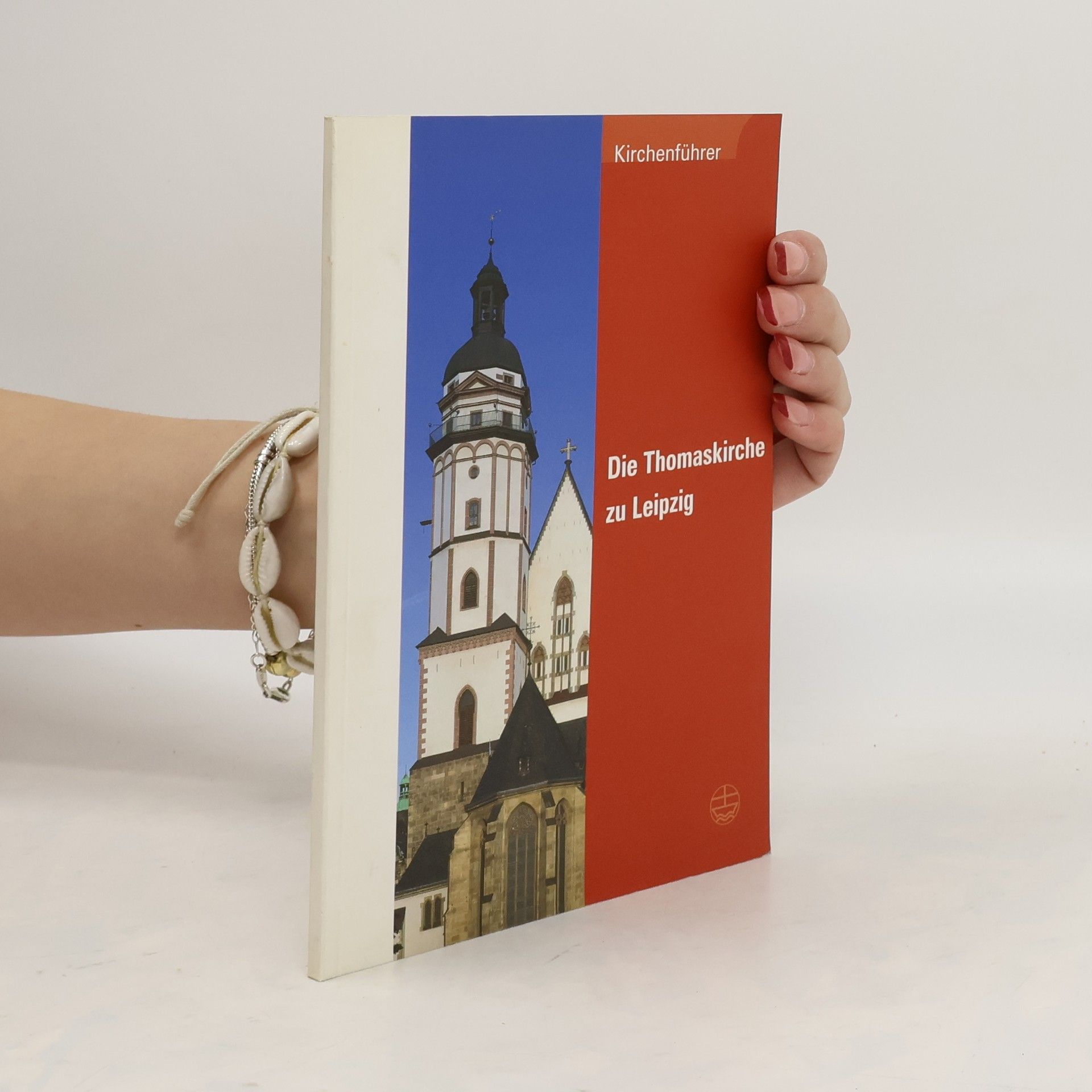The Law of Nations Treated According to the Scientific Method
- 840 pages
- 30 hours of reading
Christian Wolff's natural law theory was founded on his rationalist philosophy and metaphysics, which were strongly influenced by the philosophy of Gottfried Wilhelm Leibniz. Like Leibniz, Wolff was convinced that justice and morality were based on universally valid principles of reason and that these principles were accessible to human understanding without the aid of religious revelation. Wolff did not therefore follow the voluntarist tradition of natural law, which was characteristic of Germany's two other famous natural jurists of the early Enlightenment--Samuel Pufendorf and Christian Thomasius. The laws of nature, Wolff argued, were not just because God had willed them; rather, God had willed them because they were just. According to Wolff, this natural law was the foundation of the law of nations. Wolff's work considered central issues such as the duties of nations toward themselves and other nations, the laws of war and peace, and the laws governing the treatment of diplomatic representatives. With the Liberty Fund edition, Wolff's work, heretofore relatively unknown to the English-speaking world, will again become available to scholars and students alike.






